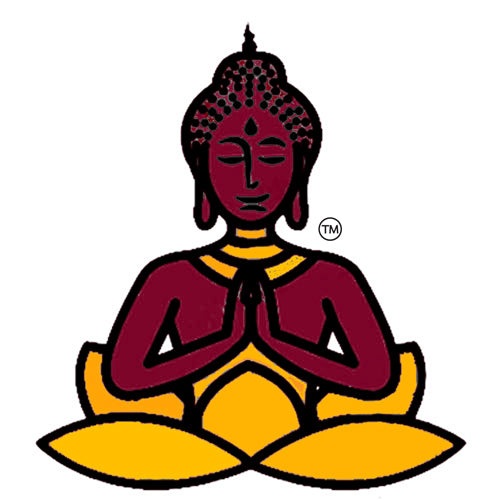Dakini Tsog Buddhist Calendar 2022
Share
Dakini Day, celebrated on each day of the lunar month in Vajrayana Buddhist traditions, celebrates the feminine energy of wisdom.
Devoted Buddhists will celebrate with a Tsok (Tsog), a feast including food, singing, a group (or single) sadhana full of sound and celebration. The 10th is also celebrated with Daka Tsog to honour Guru Rinpoche and the Heroes (Dakas). Tsog is normally a commitment in higher yogic practices.
Without contradiction to their role as exemplars of Emptiness, Dakinis can also represent fierce activities, such as protection (Green Tara and Palden Lhamo). Most Tibetan Buddhist temples and meditation centres try to arrange a monthly Tsog on this day each month, with celebrants bringing food as offerings. It is always a happy day, that invites blessings not only for the attendees, but for all sentient beings.
Ḍākinīs (Khandroma) in Tibetan Buddhism - Although ḍākinī figures appear in Hinduism and Bon, ḍākinīs occur most notably in Vajrayana Buddhism and especially Tibetan Buddhism. The khandroma, generally of volatile or wrathful temperament, acts somewhat as spiritual muse for spiritual practice. Dakinis are energetic beings in female form, evocative of the movement of energy in space. In this context, the sky or space indicates śūnyatā, the insubstantiality of all phenomena, which is, at the same time, the pure potentiality for all possible manifestations.
The ḍākinī appears in a Vajrayana formulation of the Buddhist refuge formula known as the Three Roots.. Sometimes she appears as the dharmapala, alongside a guru and yidam.
The dakini, in her various guises, serves as each of the Three Roots. She may be a human guru, a vajra master who transmits the Vajrayana teachings to her disciples and joins them in samaya commitments. The wisdom dakini may be a yidam, a meditational deity; female deity yogas such as Vajrayogini are common in Tibetan Buddhism. Or she may be a protector; the wisdom dakinis have special power and responsibility to protect the integrity of oral transmissions.
An archetypal ḍākinī in Tibetan Buddhism is Yeshe Tsogyal, consort of Padmasambhava.
Source: Wikipedia
